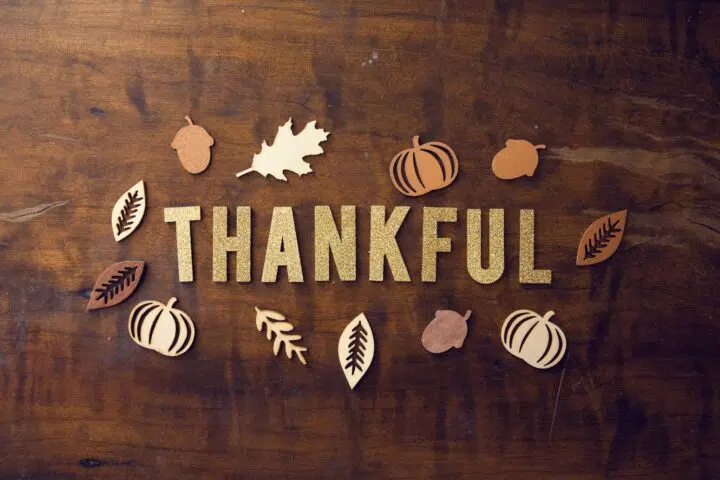Recently, I heard a new author speak about his book. He casually mentioned he was a Black/Latino writer. As he continued his story, I pieced together that his father was Puerto Rican and his mother was black. I asked him afterward if he identified as black or Latino. He said both. He said as a writer, he’d stayed away from those terms, though, until someone told him he might as well claim them if they helped get attention for his work.
Just once, I’d love to be referred to at a major event as a Latina writer. I sort of fantasize about it. My mother is Mexican-American, born in Texas, but raised in Idaho away from the Mexican culture. My grandmother refused to teach me Spanish. “You’re lucky to be an American,” she said. “Just be proud to be that.” She spoke little about her life in Mexico, even though I begged her to tell me stories. I’ve always been very proud to be half-Mexican, but I’ve never wholly felt I had the “right” to refer to myself as a Latina writer or speaker, though I have published a couple of stories and essays and one full book that deal with my family’s experiences in the culture. And I have occasionally been introduced that way at events geared toward Latino audiences, which always makes me happy. At what point will I feel I can truly claim that title? Or should I ever?
How do you identify as an artist? Does it bother you when people say, “One of the best female artists in our city?” Do you wonder why it matters that you are female or are you glad they are pointing it out? Do you consider yourself a LGBTQ writer/artist or does that feel limiting to you? Should we, as artists, label ourselves, or are we just putting ourselves in boxes?
I’ve always bristled at boxes. The other day, a friend introduced me as a children’s writer, and I cringed. I am, of course, a children’s writer, but I’m also a writer for adults, a short story writer, an essayist, a sometimes poet, a blogger, and a burgeoning playwright. I’m so much happier when people just introduce me as a writer or even an author. Those two designations give me lots of freedom. Likewise, I’d rather be known as just a speaker than have to identify which genre of speaking I fall into.
I understand that boxes are important to help people organize information. It helps them know where to put you in their mental filing cabinet if they can think of you as a “mystery writer” or a “motivational speaker” or a “jazz musician.” Boxes are important for branding and marketing. But who decides which box we are in? The public, our branding consultants, our reviewers and critics? And what say do we have in how we are seen? It’s a puzzle we all have to put together for ourselves.
If you like this post, please share


